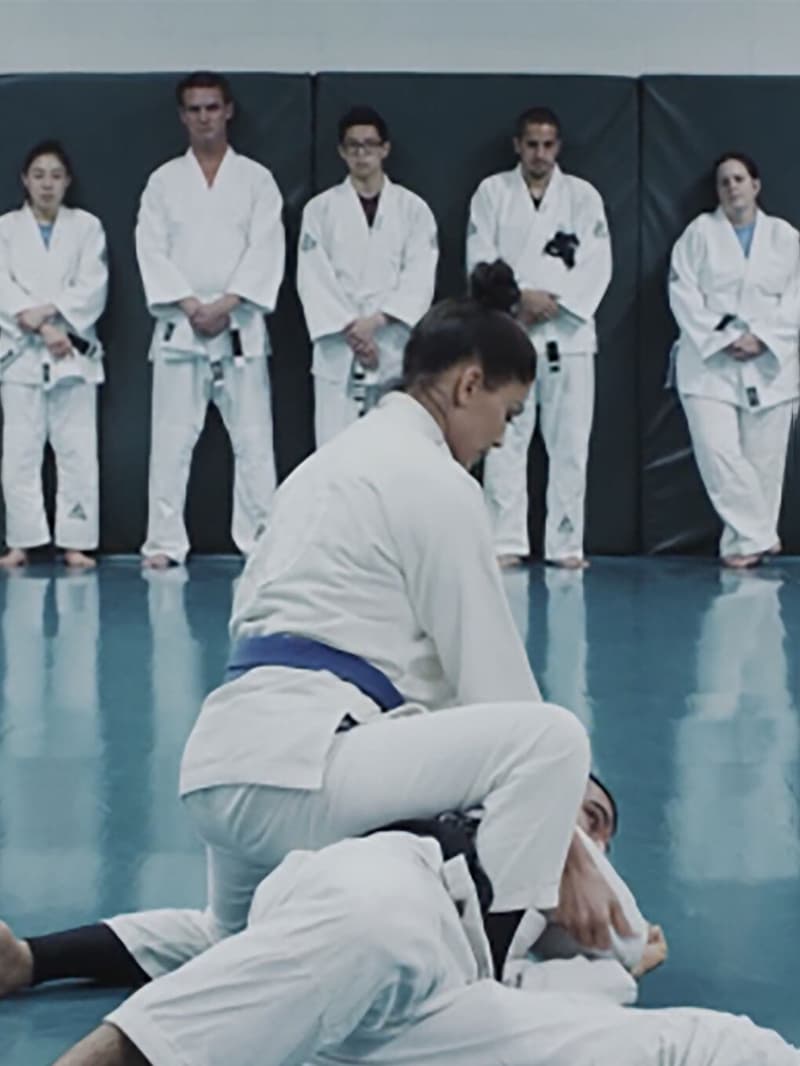A Chat With Kevin and Joe Jonas
Global superstars and Musicians share how EVO changed their lives.
Global superstars and Musicians share how EVO changed their lives.

Kevin and Joe Jonas share their vision correction journey
You probably know Kevin and Joe Jonas as two-thirds of the iconic pop band, the Jonas Brothers. But despite their global fame and success, the brothers faced a common problem shared by many worldwide — poor distance vision.
Since childhood, both musicians had myopia — or nearsightedness — meaning they could see up close but not far away. Myopia is the most common vision disorder in the world and its prevalence is rapidly growing. Whether on or off stage, contacts and glasses were a daily hassle for Kevin and Joe; they wanted to find a long-term solution that would allow them to experience and embrace life to the fullest.
Enter EVO ICL, an innovative vision correction solution that freed them from the hassles of contacts and glasses, changing their lives forever. EVO ICL is a clinically proven implantable lens that provides clear, sharp vision1,2 day and night1,3, doesn’t induce dry eye syndrome4,5, and preserves the cornea. Plus, they’re removable, by a doctor, if necessary, providing peace of mind and flexibility for the future.

Why Kevin and Joe Jonas chose the EVO Implantable Collamer Lens (EVO)
“Traditional LASIK eye surgery never looked as good to me, so when I found out about this procedure, I was sold. And after my brother Joe had the procedure and raved about how well he could see now, I just knew I needed to have it done too. I forgot what it was like to wake up and see perfectly. Now I don’t have to worry about carrying contacts or my glasses, and I feel so much more free.” – Kevin Jonas
“After speaking with my doctor about this advanced new technology, I chose EVO as I felt like it was finally time to upgrade my vision and change how I could see the world. It was a seamless, easy procedure for me that quickly gave me sharp, clear vision6,7 day or night6,8 without inducing dry eye syndrome3,9. The results are life-changing for me, and with EVO, I now can simply wake up and go about my day.” – Joe Jonas
Joe and Kevin Jonas have EVO ICL lenses and are sponsored by STAAR Surgical.

Important Safety Information
The EVO Visian ICL Lens is intended for the correction of moderate to high nearsightedness. EVO Visian ICL and EVO Visian TICL surgery is intended to safely and effectively correct nearsightedness between -3.0 D to -15.0 D, the reduction in nearsightedness up to -20.0 D and treatment of astigmatism from 1.0 D to 4.0 D. If you have nearsightedness within these ranges, EVO Visian ICL surgery may improve your distance vision without eyeglasses or contact lenses. Because the EVO Visian ICL corrects for distance vision, it does not eliminate the need for reading glasses, you may require them at some point, even if you have never worn them before.
Implantation of the EVO Visian ICL is a surgical procedure, and as such, carries potentially serious risks. Please discuss the risks with your eye care professional. Complications, although rare, may include need for additional surgical procedures, inflammation, loss of cells from the back surface of the cornea, increase in eye pressure, and cataracts.
You should NOT have EVO Visian ICL surgery if:
- Your doctor determines that the shape of your eye is not an appropriate fit for the EVO Visian ICL
- You are pregnant or nursing
- You have moderate to severe damage to the optic nerve caused by increased pressure (glaucoma)
- You do not meet the minimum endothelial cell density for your age at the time of implantation as determined by your eye doctor
- Your vision is not stable as determined by your eye doctor
Before considering EVO Visian ICL surgery you should have a complete eye examination and talk with your eye care professional about EVO Visian ICL surgery, especially the potential benefits, risks, and complications. You should discuss the time needed for healing after surgery. For additional information with potential benefits, risks and complications please visit DiscoverICL.com.
Select Your Region
Latin America
References
1. Packer M. The Implantable Collamer Lens with a central port: review of the literature. Clin Ophthalmol. 2018;12:2427-2438.
2. Martínez-Plaza E, López-Miguel A, López-de la Rosa A, et al. Effect of the EVO+ Visian Phakic Implantable Collamer Lens on Visual Performance and Quality of Vision and Life, Am J Ophthalmol 2021;226:117-125.
3. Packer M. Evaluation of the EVO/EVO+ Sphere and Toric Visian ICL: Six month results from the United States Food and Drug Administration clinical trial. Clinical Ophthalmology. 2022;16:1541-53.
4. Parkhurst GD. A prospective comparison of phakic collamer lenses and wavefront-optimized laser-assisted in situ keratomileusis for correction of myopia. Clin Ophthalmol. 2016;10:1209-1215.
5. Zhang H, Deng Y, Ma K, Yin H, Tang J. Analysis on the changes of objective indicators of dry eye after implantable collamer lens (ICL) implantation surgery. Graefes Arch Clin Exp Ophthalmol. 2024 Jul; 262(7):2321-2328
6. Shoja, MR. Besharati, MR. Dry eye after LASIK for myopia: Incidence and risk factors. Eur J of Ophthalmol. 2007; 17(1): pp. 1-6.
7. Lee, Jae Bum et al. Comparison of tear secretion and tear film instability after photorefractive keratectomy and laser in situ keratomileusis. J Cataract Refract Surg., Volume 26 , Issue 9 , 1326 - 1331.
8. Parkhurst, G. Psolka, M. Kezirian, G. Phakic intraocular lens implantantion in United States military warfighters: A retrospective analysis of early clinical outcomes of the Visian ICL. J Refract Surg. 2011;27(7):473-481.
Feeling unsure?
We get it. Decisions like this take time to consider and research. We can help guide your decision with information that's the most relevant to you.
Do you currently wear glasses or contacts?
